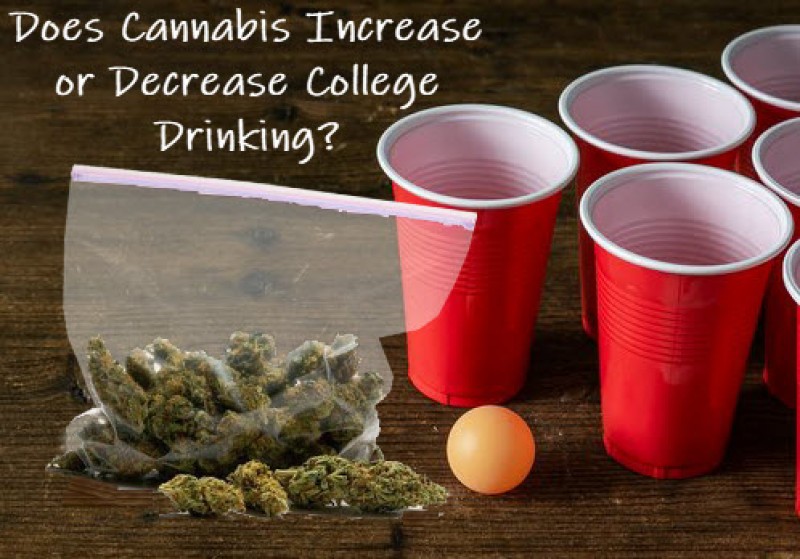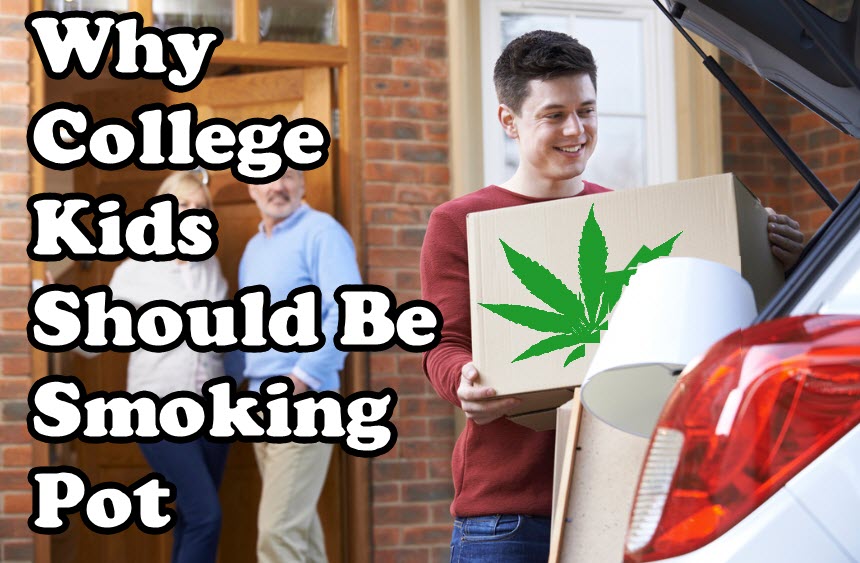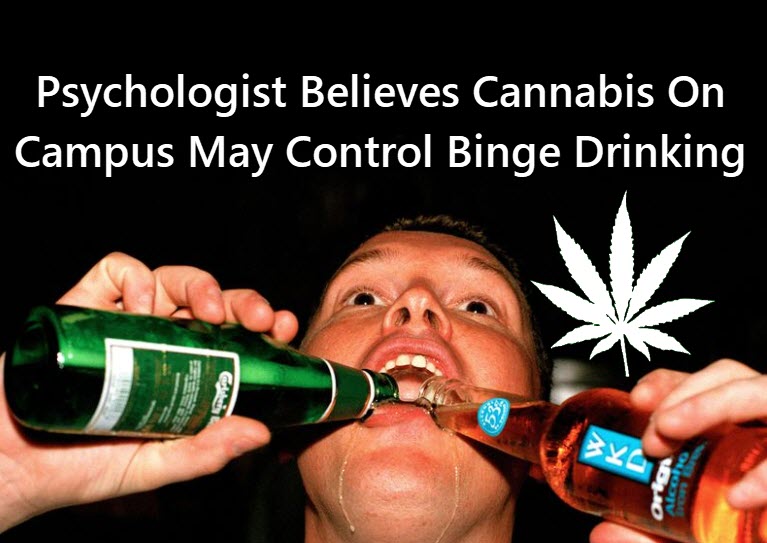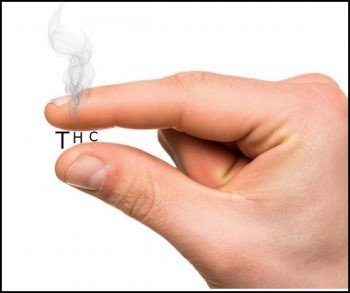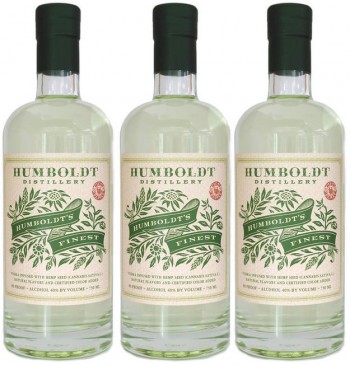Does legal cannabis lower or increase alcohol consumption in college kids?
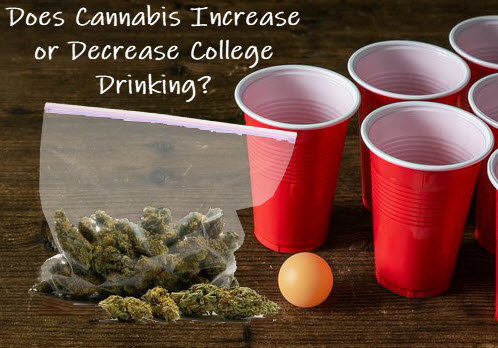
When people think of college, they often times reminisce about their tough workload, crazy student debts and of course – those insane college “ragers.” Well – perhaps that is more of a “Hollywood Trope”, but college is typically a time for self-discovery, experimentation and going just a little wild.
While this is the idealized version of college from the perspective of the student – the administration has a very different view on things. For them, they need to ensure that people get the right education, they are protected on Campuses and provide the ideal environment for academia. Thus – a clash with “college partying” is something that is very common between school administrations and college party-hogs.
As such – cross campus banning of alcohol or ‘booze taxes’ are common solutions for schools aiming to reduce the prevalence of alcohol on school grounds. However, for researchers this posed a potential problem, “If college students are drinking less – does this mean they will smoke more cannabis?”
This was the aim of one study entitled, “Alcohol and Marijuana Use among College Students: Economic Complements or Substitutes”. - Source
What the researchers wanted to see is whether a ban on alcohol had any influence on prevalence of cannabis use as a result of the ban. In other words – they wanted to know whether a college student complements weed with alcohol, or whether they would substitute it.
In the case, that cannabis consumption were to rise as a result from an alcohol ban would suggest that cannabis and alcohol are “substitutes” – meaning, if there is one missing a user would switch to another substance.
In the case, that no changes occurred post an alcohol ban would suggest that they are complements in that students tend to use them in tandem as opposed to preference of one drug over the other.
What the study was inadvertently answering was, “Do college students like alcohol or cannabis or are they purely after the intoxicating effects of these substances?”
What the study found
After going through several data points, researchers came to the following conclusion;
“The overwhelming evidence in this study, generated from examination of own-and-cross-price effects, suggests that alcohol and marijuana ARE economic complements for college students. The findings of complementarity does not appear to be driven by any one particular demographic group dominating the sample, although insufficient sample size precludes us from doing a careful analysis by race/ethnicity. In addition to finding a negative relationship between the monetary price of marijuana and the probability of using both marijuana and alcohol, results with respect to college level measures of social access to alcohol also support a complementary relationship. In particular, campus bans on alcohol use are associated with a lower probability of using alcohol and marijuana in the general model, for females, and across different age groups, but not for males. Evidence from models including the beer tax and state level policies governing access to alcohol provide further support for a complementary relationship between alcohol and marijuana use”
In essence, the researchers found that alcohol and cannabis – for college students seem to be compliments. This means that if you reduce the ability for the student to gain access to one – they will typically not try to go after the other.
This provides us with some deeper insight into the psyche of the college student.
The Psychology of the College Student
If there is one thing that this study screams to me is not that alcohol and cannabis are complements according to college students – but that college students [particularly males] simply want to get zonked! They aren’t really ‘preferring one drug or another’ but rather are engaged in a “self-exploratory” stage in live where “more fucked up = better!”
Just take Spring Break as an example – just a bunch of hormone driven young adults looking to get intoxicated beyond recognition. There is no “I’m drinking this tequila because it’s a 100-year old, uniquely distilled masterpiece…” but rather the “give me some Jose Cuervo so I can muster the courage to go mack on those chicks”.
I say this in the douchiest frat boy accent you can muster in your mind’s eye.
Yet another interesting fact is that when alcohol is removed from the equation – cannabis use doesn’t increase and in some cases decreases. What this tells us that college students are also not entirely committed to getting blitzed either. Rather it shows us that when alcohol is present – these students have less of a resistance to try cannabis.
Perhaps this could indicate that indeed alcohol is the gateway drug, lowering your ability to self-regulate.
What does have to do with anything?
For academia – they need to keep your children safe and in an environment of learning and this means decreasing the prevalence of alcohol. Since cannabis is socially an accepted way of recreational drug use – administrations are worried that reducing alcohol could increase weed-use.
Personally – I don’t think “banning” either is the right way, simply educating people on their own motivations for drug use could be far more functional as a deterrent than any “rules” held by administrative officials.
CANNABIS AT COLLEGE, READ THESE...
COLLEGE KIDS AND SMOKING MARIJUANA, YES THEY SHOULD!
